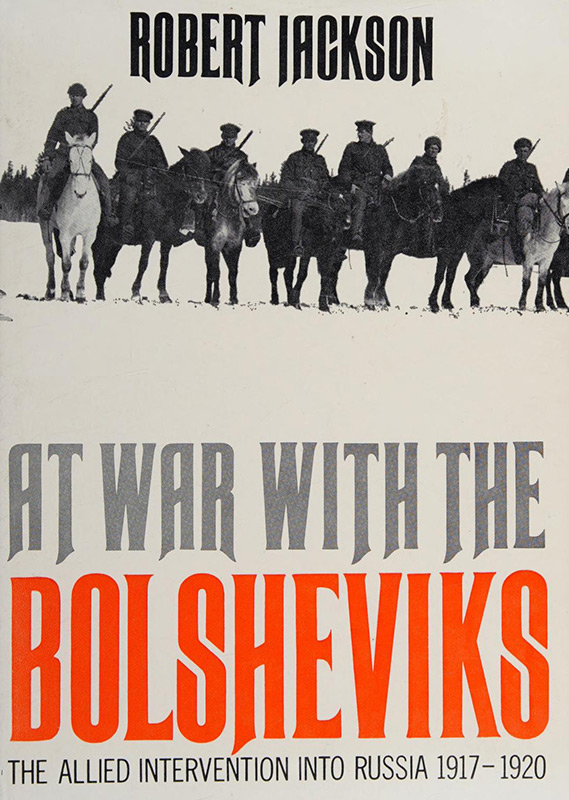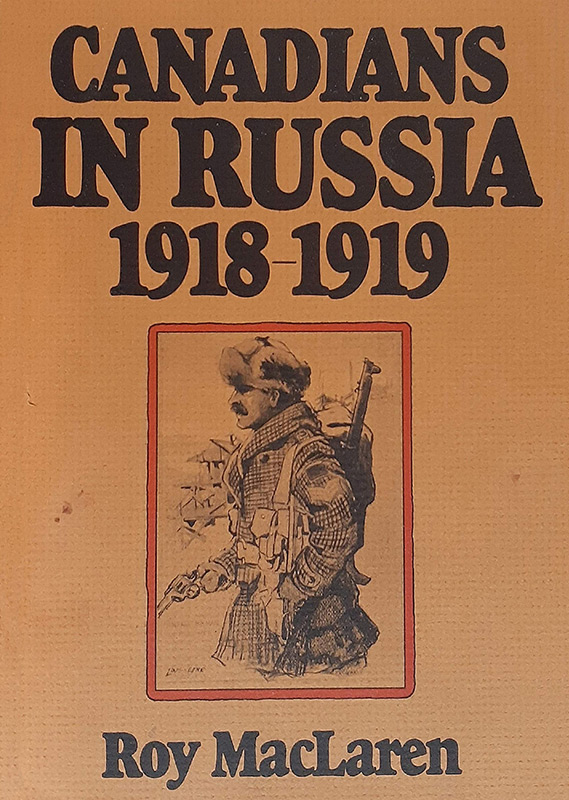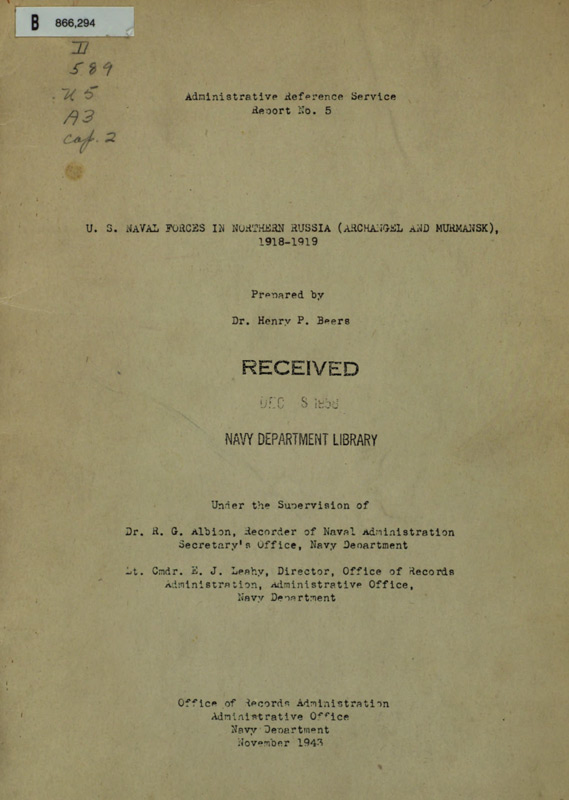Чтобы было удобнее, книгу можно заранее просмотреть:
Скачать Dobson-C.-Miller-J.-The-day-they-almost-bombed-Moscow.-The-allied-war-in-Russia-1918-1920.pdf (22,2 МБ)- РАЗДЕЛЫ:
- Гражданская война
Dobson C., Miller J. The day they almost bombed Moscow. The allied war in Russia, 1918-1920

Место издания: New York
Год издания: 1986
Ключевые слова: иноязычные источники, интервенция
На основе писем, дневников, интервью и официальных документов два британских журналиста рассказывают об интервенции союзников в Россию, которая началась как отчаянная попытка поддержать сопротивление немцам, а затем превратилась в антибольшевистский крестовый поход. Отдельные фрагменты книги интересны: мытарства солдат, деятельность секретных агентов, мятежи британских частей, бомбардировки Царицына Королевскими ВВС, но в конечном итоге авторам не удается найти форму и последовательность в царящем хаосе. Один факт может служить иллюстрацией масштабности проблемы, которую они не смогли решить: в период интервенции на территории России одновременно действовало около 30 правительств. Если у книги и есть общая тема, то это полное отсутствие какой бы то ни было политики союзников — к слову, американские войска, участвовавшие в интервенции, так и не поняли своей миссии.
INTRODUCTION (Excerpt): Very early on in the work it became apparent that what at first seemed a simple project was in fact immensely complicated and that almost every received idea about the Allies’ intervention in Russia was wrong. The first myth to go was that cornerstone of Soviet propaganda which teaches that the intervention was a carefully concerted effort by “Capitalism and Imperialism” to strangle Communism at its birth. What emerged was a story of an uncoordinated reaction to a series o f events which actually started with the British Army fighting alongside Bolshevik troops and helping to protect the new Communist state against German-led incursions from Finland.
Admittedly, this phase did not last long and the Allies and the Bolsheviks were soon at each others’ throats. Even so the Allies were more concerned with ensuring the defeat of Germany and counteracting what they regarded as the treachery of the Bolsheviks in making a humiliating peace with the Germans than in overth rowing the new rulers of Russia. America, in particular, was most reluctant to interfere in Russia’s affairs; the French, bled white by the war of attrition on the Western Front, were desperate for the Russians to draw off the Germans by reopening the Eastern Front; even the Japanese, cynically taking advantage of their allies’ problems to pursue their own plans for occupying the maritime provinces of Russia and China, had no ambitions in Russia beyond those provinces; and the British, main supporters of the White Russian armies, soon realised the political and military dangers of their involvement. It was only when Winston Churchill became Minister of War in january 1919 — nine months after the first British troops landed at Murmansk — that the intervention took on the atmosphere of an anti-Bolshevik crusade. But even his oratory and drive could not persuade his Cabinet colleagues to pursue that crusade.
Wherever we dug, especially in unpublished papers and diaries and letters we found new and startling stories, many of which had been deliberately left out of the official accounts and the “sanitised” memoirs of the Allied and Russian generals involved. The stories of what lay behind the mutinies of the Yorkshire Regiment and the Royal Marines, for example, have never been told before; and, in the case of the Marines’ mutiny it is still difficult nearly seventy years later to get anybody to admit that it ever took place.
Доступ к книгам был, есть и будет бесплатным, это принципиально. Но если вы хотите сказать «спасибо», то для этого у нас есть специально обученная кнопка:



